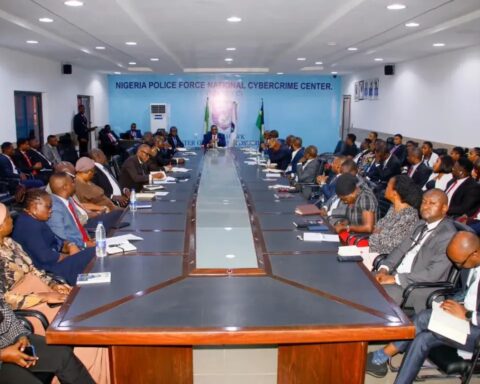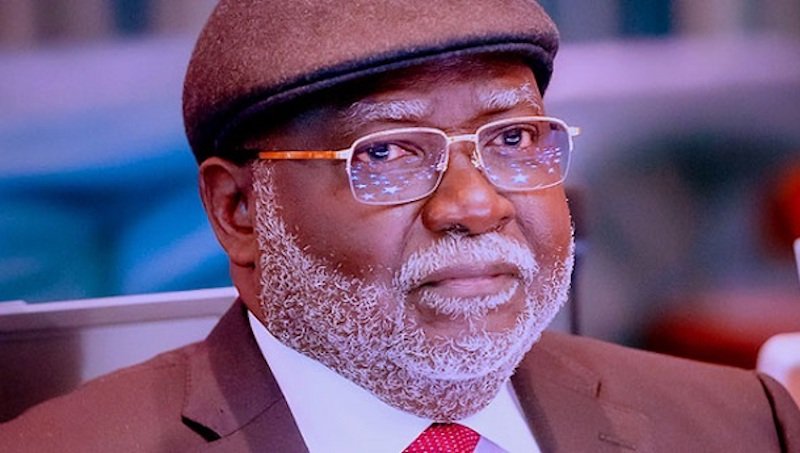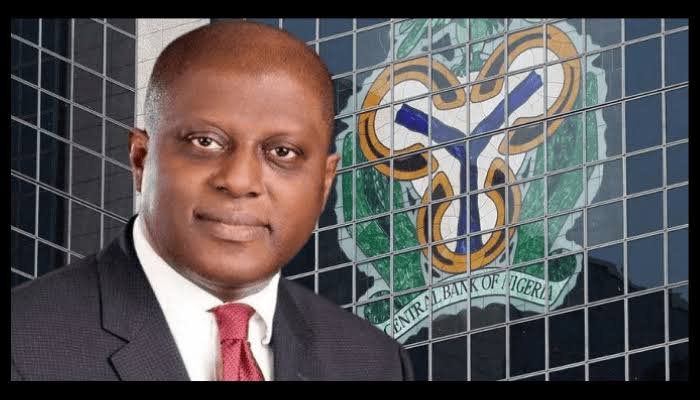By Florence Onuegbu
President of the National Industrial Court of Nigeria (NICN), Justice Benedict Kanyip, on Wednesday, underscored the need for labour law to safeguard human dignity, in line with the law.
Kanyip, made this known, while delivering a keynote address at the Employment and Labour Law Conference 2025, organised by the Employment and Labour Lawyers Association of Nigeria (ELLAN) in Lagos.
The theme of the conference is: “Employment Law at Crossroads: Reflecting on the Past Decade of Decent Work Advocacy and Charting the Next”.
The President noted that historically, labour law is characterised by the collectivisation of employees, in terms of collective self-regulation and legislative intervention.
He said that the main goal was to compensate for the inequality of bargaining power that existed between workers and employers.
Kanyip, who is also a committee member of the International Labour Organisation (ILO), said that the law must start with the terminological difference between employment law and labour law.
According to him, labour law relates more to collective employees’ relations, while employment law relates more to individual rights of the worker or employee.
“Employers generally prefer, and they do work for, the individuation of workers’ rights; they prefer to stand against an individual worker, certainly not against the collective power of the workers as represented by trade union power.
“All this, naturally cumulates to compound the issues and so, make not just employment law, but also labour law to be at crossroads.
“Even within the context of employment law strictly speaking, it is often with great difficulty that employers agree with employees, over issues of wages and hours of work, discrimination at the workplace, and wrongful termination.
“It is often with great difficulty that employers agree with employees over issues of leave (whether paid or unpaid), workplace safety, and, given the intrusion of digitalisation and artificial intelligence (AI) into the workplace, and privacy rights in the workplace,” he said.
The NICN president said that the labour market is not a market like any other, hence, it could not follow the same rules as other markets.
He noted that personal dependency was the core problem of labour law, as it was used to differentiate employees from independent contractors, adding that it is a key factor in determining whether an individual is entitled to employment protection.
“The dependency relationship is accordingly, a hallmark of an employment relationship, which triggers the application of labour law.
“Since human dignity may be endangered by the employment relationship, labour law must safeguard human dignity.
“Labour law is not merely for the employment relationship, it has to cover all needs and risks which have to be met in an employee’s life, including the law on creation of job opportunities, as well as post-employment rights/benefits.
“The application of labour law goes beyond those who are working, that is, in subsisting employment. It encompasses those who are out of work, either searching for work (applicants) or have left work (retirees),” he said.
Earlier, in her welcome address, Chairperson of the Conference Planning Committee, Mrs Omono Omaghomi, said that the theme of the conference was chosen to stimulate informed discussion on the evolution of employment relations in Nigeria.
Omaghomi, said that key to the conversation, were contemporary issues such as workplace diversity, innovation, and the far-reaching implications of the third alteration to the 1999 Constitution.
“This amendment, particularly Section 254C (1)(a–k) and subsections (2) through (6) grants the National Industrial Court of Nigeria (NICN), exclusive jurisdiction over matters relating to labour, trade unions, industrial relations, and employment disputes.
“Notably, the amendment also empowers the NICN to apply international best practices in the adjudication and resolution of labour disputes, thereby aligning Nigeria’s labour justice system with globally recognised standards.
“As we reflect on past developments and assess the impact of these constitutional reforms, we must also look ahead towards strengthening our legal and institutional frameworks, to better serve the dynamic needs of Nigeria’s workforce,” she said.
Follow us on all social media platforms @dailyquery for news and analyses around the globe.


























